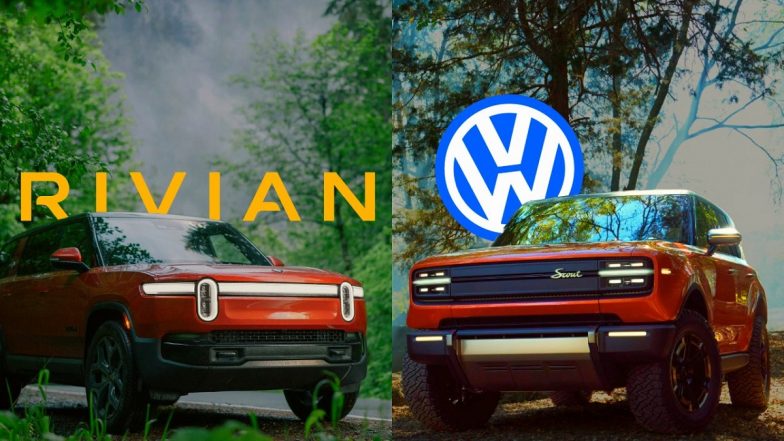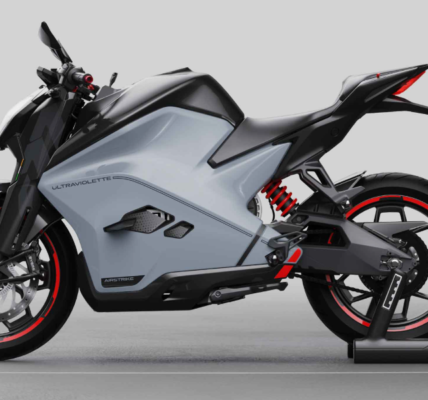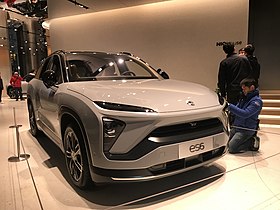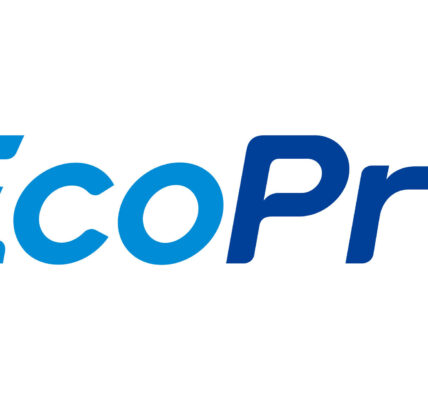Rivian Automotive (NASDAQ: RIVN) and Volkswagen Group (XETRA: VOW / VOW3) entered into a transaction agreement to create their new joint venture (JV) – “Rivian and VW Group Technology, LLC”, known as Rivian and Volkswagen Group Technologies – with a total deal size of up to $5.8 billion, which is expected to start on November 13. Through this JV, the companies plan to bring next-generation electrical architecture and best-in-class software technology for both companies’ future electric vehicles, covering all relevant vehicle segments, including subcompact cars. It is highly complementary reflecting Rivian’s industry-leading software and electrical hardware technology as well as Volkswagen Group’s significant global scale and industry-leading vehicle platform competencies.
“We have made a successful start. Over the past few months, we’ve created the framework for bringing together the JV teams and pooling our resources. We are thrilled with the rapid progress we have achieved in the preparatory phase. This has laid the foundation for our future success.”
The joint venture will be headed by Wassym Bensaid (Rivian) and Carsten Helbing (Volkswagen Group). Developers and software engineers from both companies will join the joint venture. Teams will be based in Palo Alto, California initially, and three other sites are in development in North America and Europe. By combining their complementary expertise, the two companies plan to reduce development costs and scale new technologies more quickly. The goal is to be able to offer customers the best technological solution as early as possible.
Oliver Blume, CEO of Volkswagen Group, said: “The partnership with Rivian is the next logical step in our software strategy. With its implementation, we will strengthen our global competitive and technological position. Today’s launch of the joint venture demonstrates the potential we want to leverage together in the coming years. We have a clear plan to offer our customers the best products and digital experiences at attractive prices through state-of-the-art development processes, innovative technological approaches, and a competitive cost base driven by synergies.”
RJ Scaringe, Founder and CEO of Rivian, said: “Today’s finalization of our joint venture with Volkswagen Group marks an important step forward in helping transition the world to electric vehicles. We’re thrilled to see our technology being integrated in vehicles outside of Rivian, and we’re excited for the future. Rivian will continue to stay focused on creating best in class products and services that benefit our customers, helping to drive EV adoption.”
The JV will aim to use the existing Rivian electrical architecture and software technology stack, enabling the launch of Rivian’s R2 in the first half of 2026 and support the expected launch of the first models from the Volkswagen Group as early as 2027.
The JV will evolve this modular and flexible state-of-the-art electrical architecture. It will scale the technology across a wide range of price points and international markets, paving the way for new generations of high-volume vehicles that are fully capable of advanced automated driving functions and can integrate over-the-air updates (OTA) and upgrades. Customers will regularly receive new software updates, increasing the added value throughout the entire lifecycle of the vehicle.
Teams from Rivian and Volkswagen Group have already successfully demonstrated the potential of their collaboration. In just twelve weeks, the team developed an initial drivable demonstrator vehicle. A Volkswagen Group vehicle has been retrofitted to run on Rivian’s proven in-market zonal hardware design and integrated technology platform. The drivable demonstrator vehicle not only highlights the scalability and integration capabilities of both companies, but it also further proves the concept for the joint venture.
Carsten Helbing, designated future co-CEO of the joint venture, said: “We have made a successful start. Over the past few months, we’ve created the framework for bringing together the JV teams and pooling our resources. We are thrilled with the rapid progress we have achieved in the preparatory phase. This has laid the foundation for our future success.”
Wassym Bensaid, co-CEO of the joint venture, said: “We’re excited to have entered into this joint venture, and welcome colleagues from both Rivian and Volkswagen Group to our new venture. The aim of the joint venture is to speed up innovation, increase scale and lower the cost of owning an EV for millions of people around the world. I’m hugely impressed by the work done already. While the demonstrator vehicle only scratches the surface of what is possible, it’s incredibly exciting to see what is possible when a new OEM and a legacy automaker work closely together.”
Volkswagen Group plans to invest up to $5.8 billion in Rivian and the joint venture by 2027. An initial investment of $1 billion in the form of a convertible note has already been made. At closing of the Joint Venture, Volkswagen Group will invest about $1.3 billion as consideration for background IP licenses and a 50% equity stake in the joint venture. These investments also balance part of lower future costs identified during the technical feasibility tests and the sharing of costs for the inclusion of selected Volkswagen MEB models. The remaining investment of up to $3.5 billion is expected to come in the form of equity, convertible notes, and debt at future dates and based on clearly defined milestones. Further investments are tied to clear operational, technical, and financial milestones. The joint venture will operate as an independent company.
Through the partnership, Volkswagen Group aims to strengthen consumer benefits surrounding innovation, scalable platform and cost savings potential for both sides, as well as enhancing its R&D cost efficiency and thus sustainably reduce overall expenditure in this area.
Rivian will host a public call for its investors at 2pm PT / 5pm ET today. Please find the dial in here.
This press release contains forward-looking statements within the meaning of the Private Securities Litigation Reform Act of 1995. We intend such forward- looking statements to be covered by the safe harbor provisions for forward-looking statements contained in Section 27A of the Securities Act of 1933, as amended, and Section 21E of the Securities Exchange Act of 1934, as amended. All statements contained in this press release that do not relate to matters of historical fact should be considered forward-looking statements, including without limitation statements regarding receipt of regulatory approvals, the parties entering into definitive agreements, the formation of the JV, the expected benefits from the partnership, the future investments in Rivian shares and the investments related to the JV, you can identify forward-looking statements by terms such as “may,” “will,” “should,” “expects,” “plans,” “anticipates,” “could,” “intends,” “targets,” “projects,” “contemplates,” “believes,” “estimates,” “forecasts,” “predicts,” “potential” or “continue” or the negative of these terms or other similar expressions, although not all forward-looking statements use these words or expressions. We have based these forward-looking statements largely on our current expectations and projections about future events and financial trends that we believe may affect our business, financial condition, and results of operations. Forward-looking statements involve known and unknown risks, uncertainties and other important factors that may cause our actual results, performance, or achievements to be materially different from any future results, performance, or achievements expressed or implied by the forward-looking statements, including, but not limited to, the important factors discussed in Part II, Item 1A, “Risk Factors” in Rivian’s Quarterly Report on Form 10-Q for the quarter ended September 30, 2024, and its other filings with the Securities and Exchange Commission. The forward-looking statements in this press release are based upon information available to us as of the date of this press release, and while we believe such information forms a reasonable basis for such statements, such information may be limited or incomplete, and our statements should not be read to indicate that we have conducted an exhaustive inquiry into, or review of, all potentially available relevant information. These statements are inherently uncertain, and investors are cautioned not to unduly rely upon these statements. While we may elect to update such forward-looking statements at some point in the future, we disclaim any obligation to do so, even if subsequent events cause our views to change.







